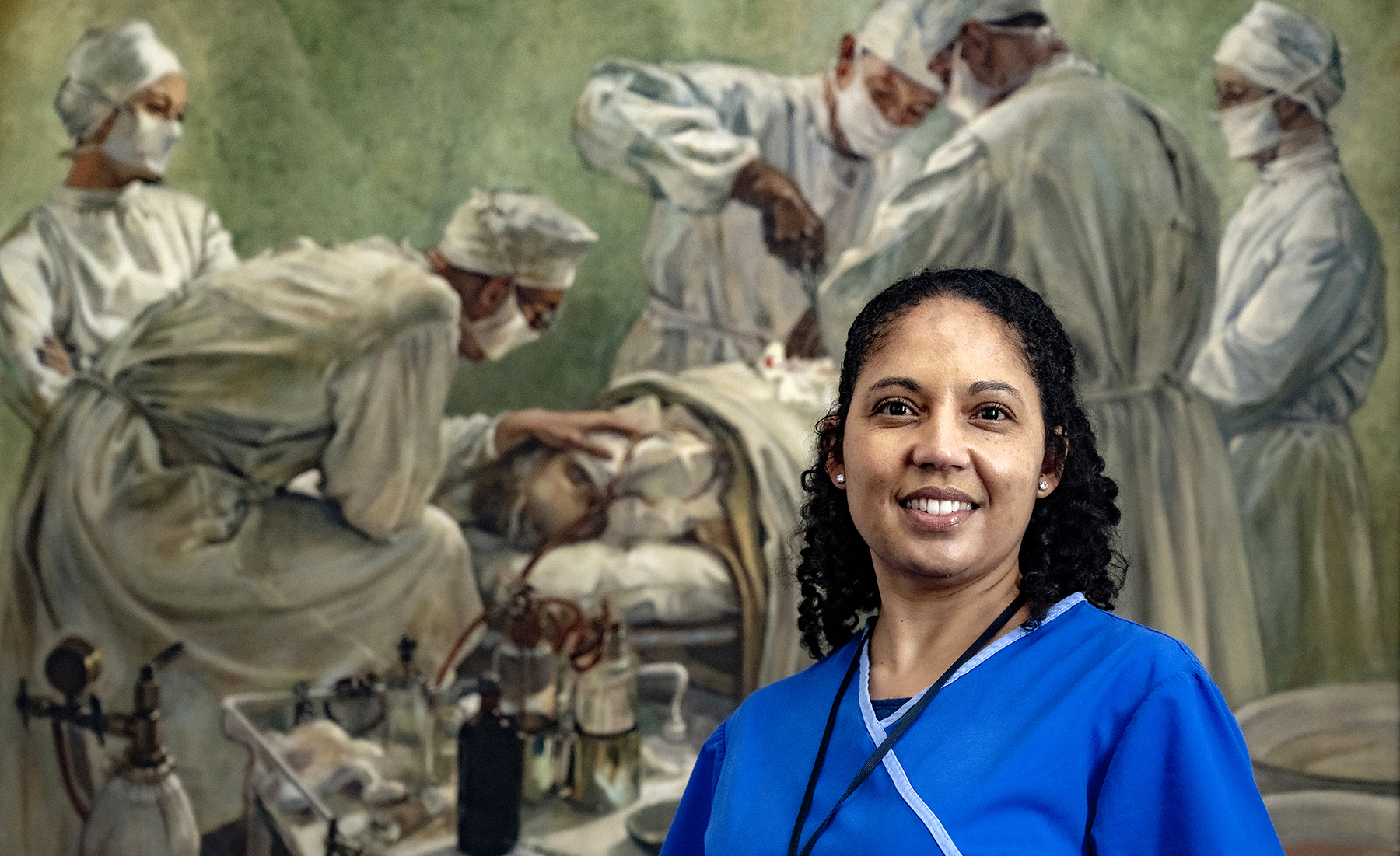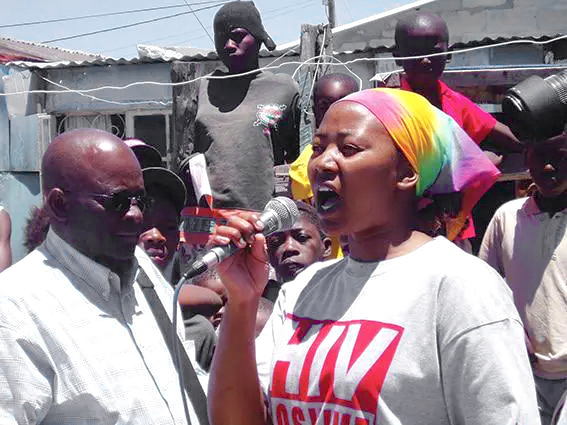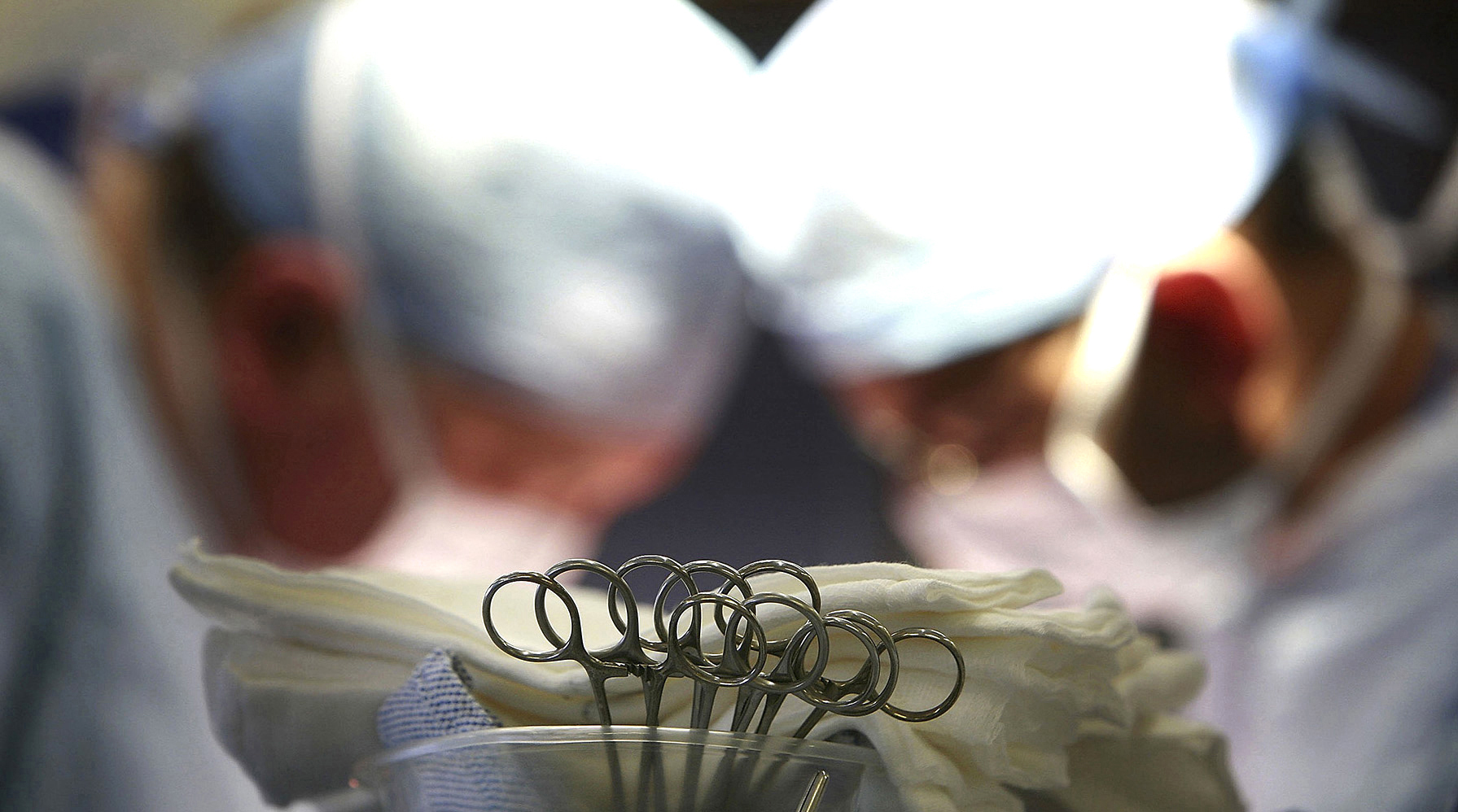One out of every three people in South Africa will need surgical care during their lifetime. Surgical care is essential to achieving health and well-being, but access to it is inequitable in South Africa.
The recent AfroSurg 3 conference, held in Cape Town and attended by healthcare workers, researchers and community activists from 11 African countries, reported unequal surgical provision for those living in rural areas and those without medical aid. Surgical backlogs have increased dramatically during the Covid-19 pandemic when elective surgeries came to a grinding halt. There are now an estimated 175,000 people awaiting operations in South Africa.
Not a political priority
Yet, even before Covid-19, this unequal access to surgical care was a challenge. One major problem is that surgery is not yet enough of a political priority at either national or provincial levels. Without government investment, surgical care will not be accessible to all.
This is why people with surgical conditions and their communities must act to change this. In the words of Dr Vuyiseka Dubula-Majola, “if the government doesn’t come along, you must drag them along”. The outspoken HIV activist and former general secretary of the Treatment Action Campaign (TAC) was speaking at the Afrosurg3 conference.
One of the important lessons from the TAC’s HIV activism in the early years of Aids denialism is that based on the constitutionally enshrined right to healthcare, people living in South Africa have the right to participate in policies that matter in their lives.
 Professor Lydia Cairncross, head of general surgery at Groote Schuur Hospital. (Photo: Gallo Images / Die Burger / Jaco Marais)
Professor Lydia Cairncross, head of general surgery at Groote Schuur Hospital. (Photo: Gallo Images / Die Burger / Jaco Marais)
“Rights are not given but fought for by the poor and oppressed. If you are not seen, you must make yourself seen,” she told conference delegates. The struggle for access to ARVs is among the best examples of how community mobilisation and participation helped change health policy and help ensure access to affordable and universal antiretroviral treatment (ART) for persons living with HIV.
Challenges and strengths
Surgical care could learn from these lessons but there are important differences to consider and appreciate first, as highlighted by AfroSurg delegate and University of Cape Town Professor Eugenio Panieri. Unlike cancer or HIV, surgical care is not a single disease, so advocating for HIV is different from surgical care. It is true that HIV advocacy is made easier since HIV is one disease, asking for one group of interventions – making it very focalised, whereas surgery is an incredible spectrum of a huge variety of things.
There are some of us, however, who would argue that this could also be a strength we could build on.
Professor Lydia Cairncross, for example, told delegates that even though “surgical care is not like HIV – where patients tend to mobilise around a specific disease identity and then advocate for very specific things – this is also a strength because surgical care can only be provided safely in a functional health system”. Cairncross heads the Department of Surgery at Groote Schuur Hospital and UCT and is also a health activist with the People’s Health Movement. She argues that to provide quality surgical care we need to improve the health system and appreciate the intersection with public health and family medicine – the whole integration of services.
“It [surgical care] is not just a nice-to-have, thinking surgery is just for individual people, that it’s expensive, it’s high-flying – it’s a luxury. We need to push for surgical care to be recognised as part of the package for population-based healthcare – for health promotion and in primary healthcare. Surgery, she argues, is part of all of that – the bread-and-butter stuff of health service provision, so we must take it closer to the communities.
Community participation means individuals and their families assume responsibility for their own health and welfare. This can become a powerful tool to change policy and improve the health and well-being of individuals and the nation as a whole. Explaining this to delegates, Cairncross says community participation can play out in five ways.
One: Understand the problem
Knowledge is power. For example, many international HIV/Aids conferences are held to share scientific evidence and people living with HIV and community advocacy groups are active participants.
Many people in South Africa, however, do not know the signs and symptoms of surgical conditions, nor do they know how and where to seek care for these problems. Academic institutions, community-based organisations and leaders, health forums and surgical providers must work together to educate communities about surgical conditions and the gaps in providing universal coverage for treatment.
Read in Daily Maverick: “Making access to surgical care a reality in district hospitals – experts put the idea under the knife”
“We must emphasise to communities that without strong surgical care and surgical systems, we cannot improve the health of this nation,” declares Cairncross.
Two: Identify solutions
In South Africa, discussions are under way for drafting the next National Strategic Plan for HIV, TB and STIs – an important roadmap for how to tackle these conditions, with measurable targets and timeframes.
Similarly, increasing surgical capacity will require increased political and financial investment, scaling up the nursing and surgical workforce, and improving infrastructure, for example by increasing the number of operating theatres and in-patient beds.
In 2019, the Department of Health established a technical working group to create a National Surgical, Obstetric and Anaesthesia Plan (NSOAP) – a blueprint for a strategy to provide a costed surgical package for South Africa. However, the plan has yet to be created and community groups would be critical to drive several steps.
Visit Daily Maverick's home page for more news, analysis and investigations
First, the NSOAP requires ministerial support and communities can increase the political prioritisation of the plan through lobbying and public pressure. Second, the plan requires stakeholder engagement and priority setting. Surgical support groups, professional surgical associations and communities can help decide what surgical conditions will be covered and where treatment will be provided. Finally, the national and provincial governments must commit the funding to implement the plan. Communities must remind policymakers that health is not a commodity but a human right. The government should provide equitable care regardless of the ability to pay. In Nigeria, for example, where an NSOAP has been implemented, communities have effectively participated in the process by using media and engaging with local political representatives to demand safe, accessible and affordable surgical care.
Three: Raise consciousness
During the fight to improve access to ART, the TAC raised awareness by making “HIV positive” T-shirts in the early 2000s, which were worn by people around the world including Nelson Mandela and high-profile international actors.
 Community participation in the form of activism played a major role in bringing affordable and universal ART for persons living with HIV in South Africa. (Photo:TAC archive / Spotlight)
Community participation in the form of activism played a major role in bringing affordable and universal ART for persons living with HIV in South Africa. (Photo:TAC archive / Spotlight)
While there has been recent attention given to the lack of surgical care because of the Covid-19 pandemic-related backlogs, more needs to be done. People with surgical conditions and their communities can use media and social media to speak out about long waiting times and cancellations of their planned operations. They can complain to local health authorities about their surgical conditions that have not been addressed. They can write petitions, organise protests and take part in marches. Cairncross put this succinctly when she told delegates: “Advocacy is about making a noise and building power to effect change. We (surgical care) are not on the agenda, but we need to be.”
Four: Change the rules
“If the law doesn’t work for you, change the law,” said Dubula-Majola. When patent laws prevented millions of persons living with HIV access to affordable antiretroviral treatment at the dawn of the century, activist groups like the TAC organised major protests in support of legislative changes. The TAC also sued the government to ensure pregnant mothers would be able to access lifesaving medications at a time when the government was opposed to it.
Currently, surgical care is not part of the National Health Plan. This needs to change.
Community participation in the form of activism played a major role in bringing affordable and universal ART for persons living with HIV in South Africa. In the early 2000s there were more than five million living with HIV. Patent laws, however, created monopolies, making ART unaffordable. There was little political will as international funders claimed that Africans could not take regular medications because they did not have watches. Community activism filled the gap and played a major role in making ART affordable and readily available for all who need it.
The struggle for accessible surgical care could learn from this.
Five: Build a movement
The TAC became a powerhouse in the fight against HIV in South Africa, especially during the years of Aids denialism. It organised, mobilised communities and lobbied for affordable HIV treatment. The surgical community also needs to organise and mobilise, and will be more powerful if it has a grassroots base. “We need to bring the whole of society on board to improve health,” says Cairncross. While surgical providers in South Africa can be heard, it is the people who will get the government to listen. Surgery saves lives but the people must declare that it is their right to receive affordable and timely access to surgical care.
Read in Daily Maverick: “War against HIV – we have the drug to stop it, yet the world is at a turning point once more”
This is among the most important outcomes of Afrosurge3 – that the surgical community must realise and acknowledge that the struggle for equitable surgical care will not be won only in boardrooms, theatres, or hospital corridors. We have to take the fight into the communities and build alliances. When they get to or leave the theatre, where do our patients come from and go? That, for example, should be top of mind in how we frame our approach to the care we provide.
As Cairncross puts it: “You can do a really beautiful hand operation but if you don’t have physio and OT post-operatively it’s almost as though you didn’t do it. Your rehabilitation is a critical step in surgical care, which we can’t forget.” This means there is a whole cascade of care – from the surgical staff, to rehabilitation staff, all the way to community health workers who are crucial in providing services such as post-operative wound care. We have to draw on all these stakeholders, along with surgical patients and their families, to build our own movement – to mobilise for what we need to make surgical care accessible to all. DM/MC
Chu is the director of the Centre for Global Surgery at Stellenbosch University’s Faculty of Medicine and Health Sciences. Lee is chairperson of the SURGE, Tygerberg Undergraduate Research Society in the faculty.
This article was published by Spotlight – health journalism in the public interest.





 Community participation in the form of activism played a major role in bringing affordable and universal ART for persons living with HIV in South Africa. (Photo:TAC archive / Spotlight)
Community participation in the form of activism played a major role in bringing affordable and universal ART for persons living with HIV in South Africa. (Photo:TAC archive / Spotlight)